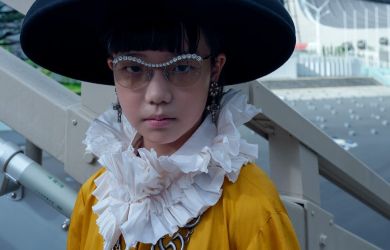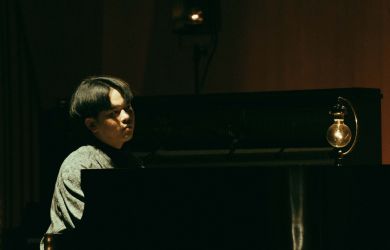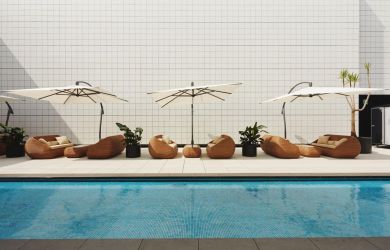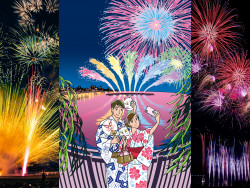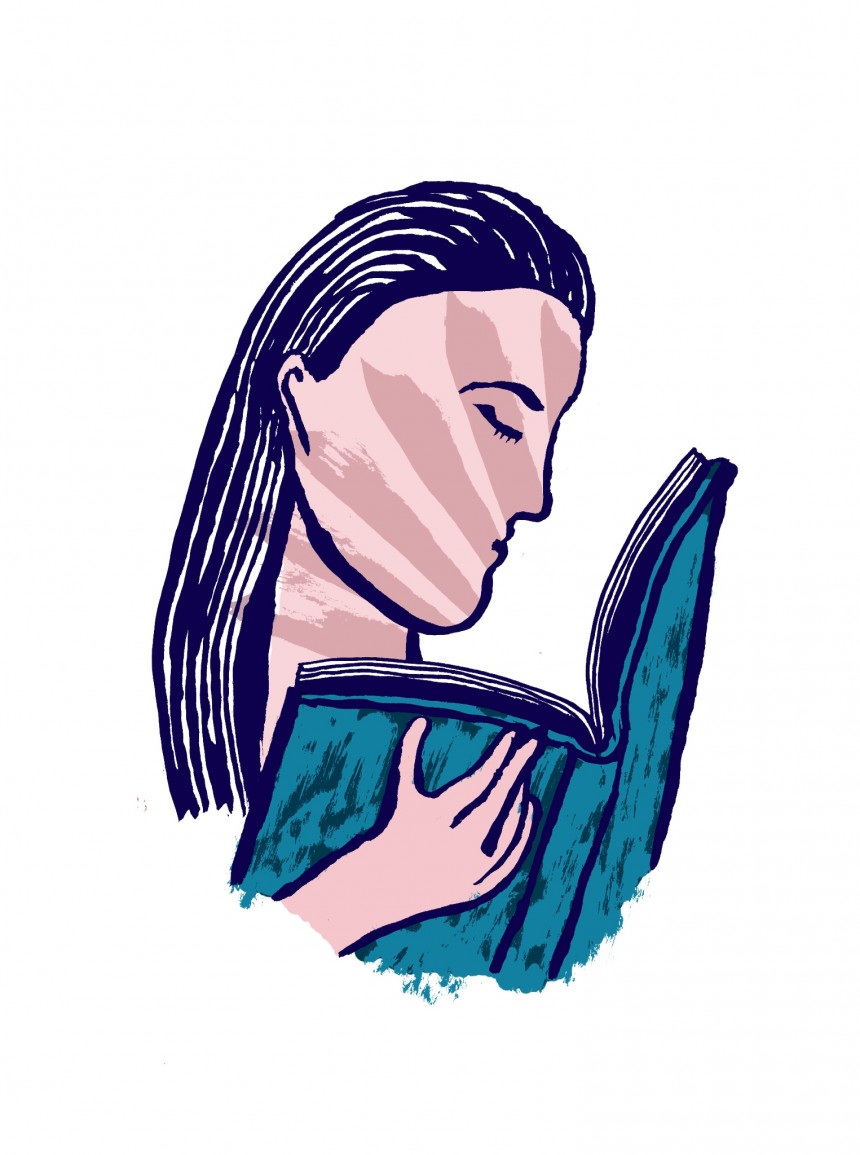
December 13, 2018
The Pleasure of Learning
How the different education styles have changed me
If I were to tell myself, eight years ago, that learning is a pleasure, I bet my younger self would have stood there flabbergasted. I would ask, “Why on earth would you say that!?” There is a discrepancy between the person I was eight years ago and who I am today, when it comes to approaching education. It feels as if I have been upgraded to a newer and better version of myself, a version who finds knowing things and learning a new context refreshing. I couldn’t have imagined this would ever be the case, eight years ago.
Growing up in a small town in Texas then making a pre-teen transition to Tokyo has largely impacted my education — both in good and bad ways. In Texas, I would get straight A’s, or a couple of B’s on my report card and I enjoyed the achievement of earning proficient grades. Somehow, during my transition, this feeling turned into despair. The Japanese curriculum was more advanced than that of Texas which meant that I was behind by the first day. The struggle was exacerbated by the fact that I was still learning Japanese. I fell further behind and at the same time, my English language skills were deteriorating due to lack of practice.
Another reason I lost motivation was the style of education here in Japan, which is succinctly expressed by the phrase, “memorize as much as you can from your notes and textbook.” It’s a rather passive style of learning — and in my case, an ineffective method. I was used to a system in which participation during class was mandatory, but in Japan, the classroom was as silent as a graveyard. When questions were asked, most students tried to avoid eye contact with the teacher or simply stared into the abyss of the classroom, whether they knew the answer or not. Furthermore, in America, the norm was having assigned homework daily or weekly, whereas in Japan homework was only assigned for summer or winter break. This left me feeling blissfully free, but at the same time somewhat empty. I was learning that in so many ways, the Japanese school system did not quite fit me well.
Japanese education is passive and rigid. Memorizing seems to be a crucial way to ace the test, but once the test is over, no one really remembers what they had memorized before the test. Is there any point to this?
I was dropped into a difficult situation that required effort in more ways than most children experience, but later on I realized it had provided an opportunity to become stronger and wiser. Having lived in a rural area of Texas, the scope of education was quite narrow and there was less exposure to what was occurring around the world. For instance, the only history taught was that involving Texas or America — I didn’t have a clue as to who Napoleon was or what happened to the Berlin Wall, until I moved to Japan. Due to this mind-opening opportunity, I became more aware and less apathetic toward my surroundings.
So, how have I become such a “nerd”? After graduating high school, I entered a university in Japan with a liberal arts faculty, where the classes are conducted in English, with students who have similar backgrounds to mine. The style of class was what I was accustomed to and I was glad I didn’t have to go through the whole memorizing game ever again. I took up cultural anthropology, which has shed a light on the discipline of viewing the world from different angles and deciphering the world’s intricacies through a more ethnographic approach. The course inspired me to learn more and nurtured the growing momentum in my learning.
I know I still lack some common and general knowledge, due to the earlier setbacks in my education. There is always a gap between my friends and I during class, or when we’re discussing historically famous scholars, for example. However I’ve come to see my lack of knowledge as an advantage, a plus — I can make new discoveries in so many contexts. I’ve learned that classes should be active and enthusiastic, filled with different ideas flying around in the room. Students should focus on what they enjoy and like as long as curiosity stays alive in their heart. The passive style of education made me lose motivation to learn. I also think it’s one of the reasons Japanese students are less likely to express opinions and even vote.
But what may have become a terrible situation — from learning Japanese, to adapting to the local culture, to falling behind in education — has, as a matter of fact, given me a chance to grow and become a better version of myself. I was able to find a field in which I feel pleasure in learning, but I’d made one discovery that was more significant than many others: it’s never too late.

